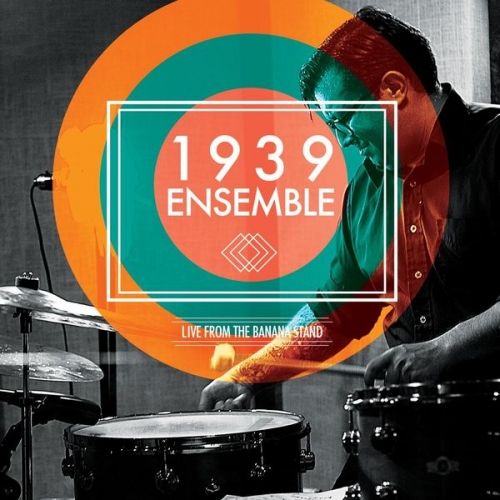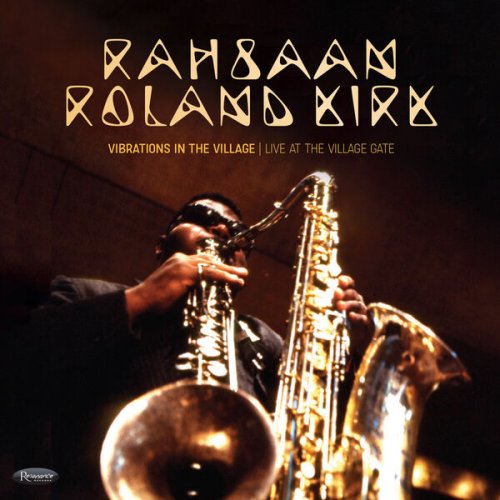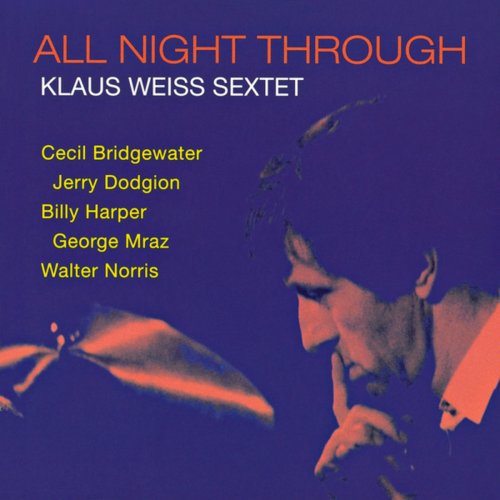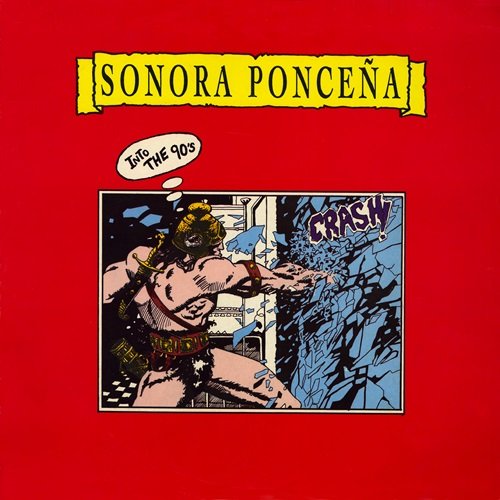Richard Hickox - Leighton: Symphony No. 2 & Te Deum laudamus (2022) [Hi-Res]
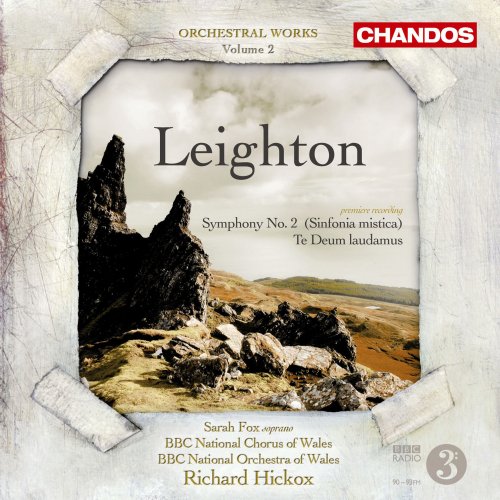
Artist: BBC National Orchestra of Wales, Richard Hickox, Sarah Fox, BBC National Chorus of Wales
Title: Leighton: Symphony No. 2 & Te Deum laudamus
Year Of Release: 2008 / 2022
Label: Chandos
Genre: Classical
Quality: FLAC (tracks + booklet) [48kHz/24bit]
Total Time: 57:26
Total Size: 545 / 224 MB
WebSite: Album Preview
Tracklist:Title: Leighton: Symphony No. 2 & Te Deum laudamus
Year Of Release: 2008 / 2022
Label: Chandos
Genre: Classical
Quality: FLAC (tracks + booklet) [48kHz/24bit]
Total Time: 57:26
Total Size: 545 / 224 MB
WebSite: Album Preview
1. BBC National Chorus of Wales, Sarah Fox, Richard Hickox & The BBC National Orchestra of Wales – Symphony No. 2, Op. 69, "Sinfonia Mistica In Memoriam F.L.": I. Sonnet (06:15)
2. BBC National Chorus of Wales, Sarah Fox, Richard Hickox & The BBC National Orchestra of Wales – Symphony No. 2, Op. 69, "Sinfonia Mistica In Memoriam F.L.": II. Scherzo (08:51)
3. BBC National Chorus of Wales, Sarah Fox, Richard Hickox & The BBC National Orchestra of Wales – Symphony No. 2, Op. 69, "Sinfonia Mistica In Memoriam F.L.": III. Meditation (06:53)
4. BBC National Chorus of Wales, Sarah Fox, Richard Hickox & The BBC National Orchestra of Wales – Symphony No. 2, Op. 69, "Sinfonia Mistica In Memoriam F.L.": IV. Elegy (07:11)
5. BBC National Chorus of Wales, Sarah Fox, Richard Hickox & The BBC National Orchestra of Wales – Symphony No. 2, Op. 69, "Sinfonia Mistica In Memoriam F.L.": V. Scherzo II, "Sic Vita" (03:04)
6. BBC National Chorus of Wales, Sarah Fox, Richard Hickox & The BBC National Orchestra of Wales – Symphony No. 2, Op. 69, "Sinfonia Mistica In Memoriam F.L.": VI. Finale (16:27)
7. BBC National Chorus of Wales, Gareth Rhys-Davies, Sarah Fox, Richard Hickox & The BBC National Orchestra of Wales – Te Deum Laudamus (08:46)
Richard Hickox conducts the BBC National Orchestra of Wales in the second volume of Leighton’s orchestral works. BBC Music Magazine wrote of volume 1, “Hickox directs superbly paced and eloquent performances of this fine music.” Volume 2 presents two large-scale orchestral works, Symphony No.2 ‘Sinfonia Mistica’, which receives its first recording; coupled with Te Deum Laudamus in its orchestrated version.
One of the most successful British composers of the latter half of the twentieth century, Kenneth Leighton’s lifelong musical relationship with the human voice, exemplified in the two works of this recording, began as a chorister in the choir of Wakefield Cathedral as a young boy. It was to impact greatly on his writing. Over the course of his life he wrote almost continually for the voice, absorbing vocal lines in all settings. It provided an excellent vehicle for some of his most lyrical and expressive writing.
Leighton wrote three numbered symphonies. Symphony No.2 was composed in 1974 as a direct response to the death of his mother, and Leighton referred to the work as a ‘meditation on the subject of death.’ Composed over six movements and approaching an hour in length Sinfonia Mistica contains some of Leighton’s most personal and reactionary music, being at various times angry and emotional, yet serene and thoughtful. While he describes the symphony as a ‘requiem’ the conventional texts for this service are not employed, instead he used texts by John Donne, George Herbert and Henry King, poets who have been a constant source of inspiration to British composers.
The original setting of Te Deum was written for choir and organ, but two years after its completion, Leighton received a request from the Oxford Bach Choir for an orchestral version of the work, which was completed in 1966. Scored for chorus and full orchestra it is an imaginative setting of what is a liturgical text of praise, and written in honour of St Cecilia. This climatic work contains some of Leighton’s most enduring and significant music.
One of the most successful British composers of the latter half of the twentieth century, Kenneth Leighton’s lifelong musical relationship with the human voice, exemplified in the two works of this recording, began as a chorister in the choir of Wakefield Cathedral as a young boy. It was to impact greatly on his writing. Over the course of his life he wrote almost continually for the voice, absorbing vocal lines in all settings. It provided an excellent vehicle for some of his most lyrical and expressive writing.
Leighton wrote three numbered symphonies. Symphony No.2 was composed in 1974 as a direct response to the death of his mother, and Leighton referred to the work as a ‘meditation on the subject of death.’ Composed over six movements and approaching an hour in length Sinfonia Mistica contains some of Leighton’s most personal and reactionary music, being at various times angry and emotional, yet serene and thoughtful. While he describes the symphony as a ‘requiem’ the conventional texts for this service are not employed, instead he used texts by John Donne, George Herbert and Henry King, poets who have been a constant source of inspiration to British composers.
The original setting of Te Deum was written for choir and organ, but two years after its completion, Leighton received a request from the Oxford Bach Choir for an orchestral version of the work, which was completed in 1966. Scored for chorus and full orchestra it is an imaginative setting of what is a liturgical text of praise, and written in honour of St Cecilia. This climatic work contains some of Leighton’s most enduring and significant music.
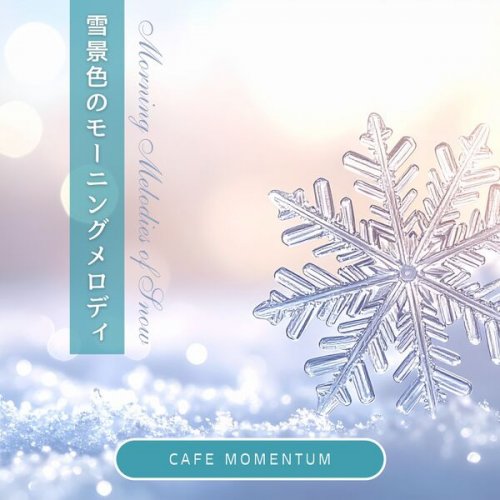
![George Otsuka Quintet - In Concert! (1973) [1992] George Otsuka Quintet - In Concert! (1973) [1992]](https://www.dibpic.com/uploads/posts/2026-01/1767548435_insert-front.jpg)

